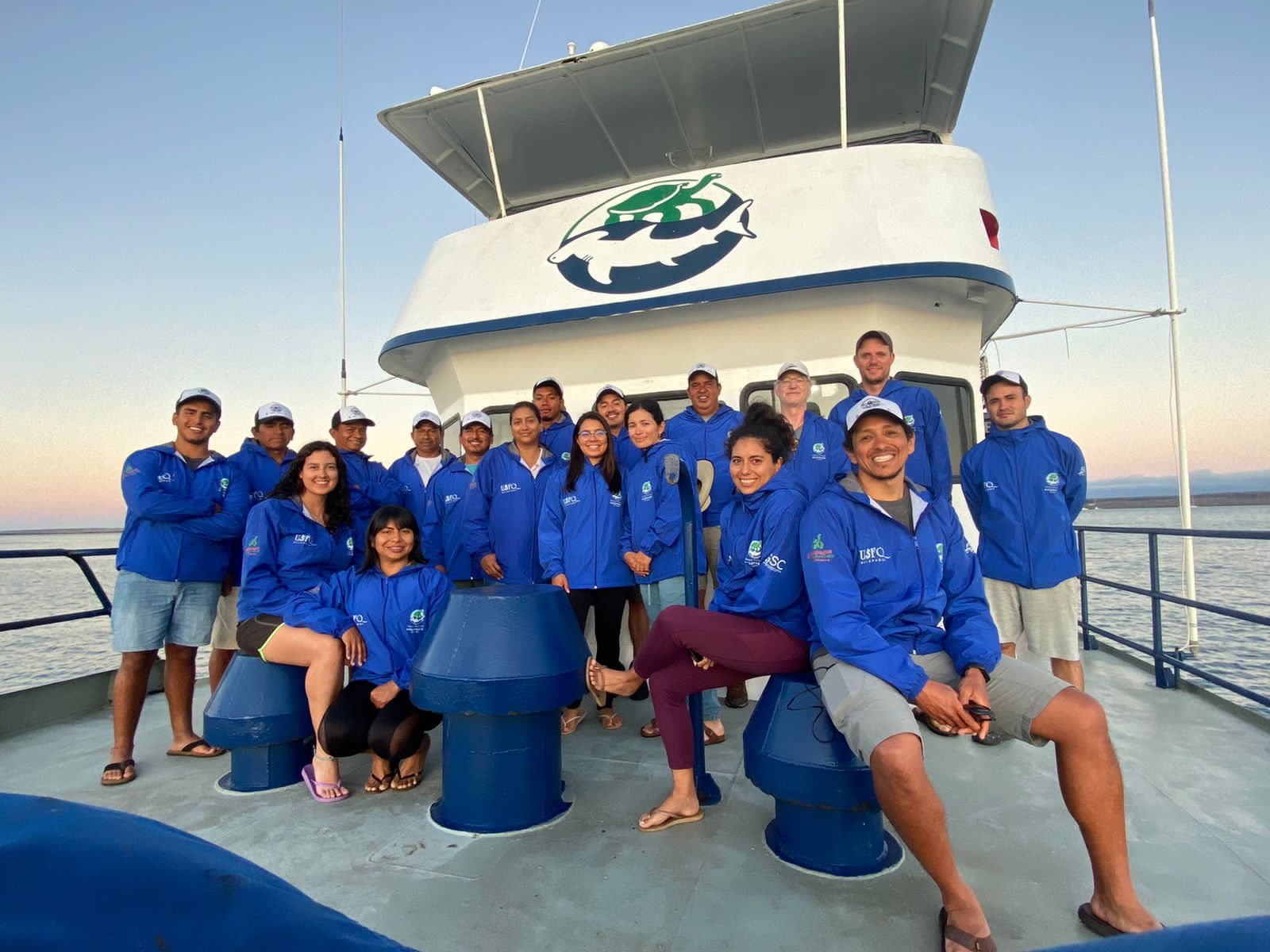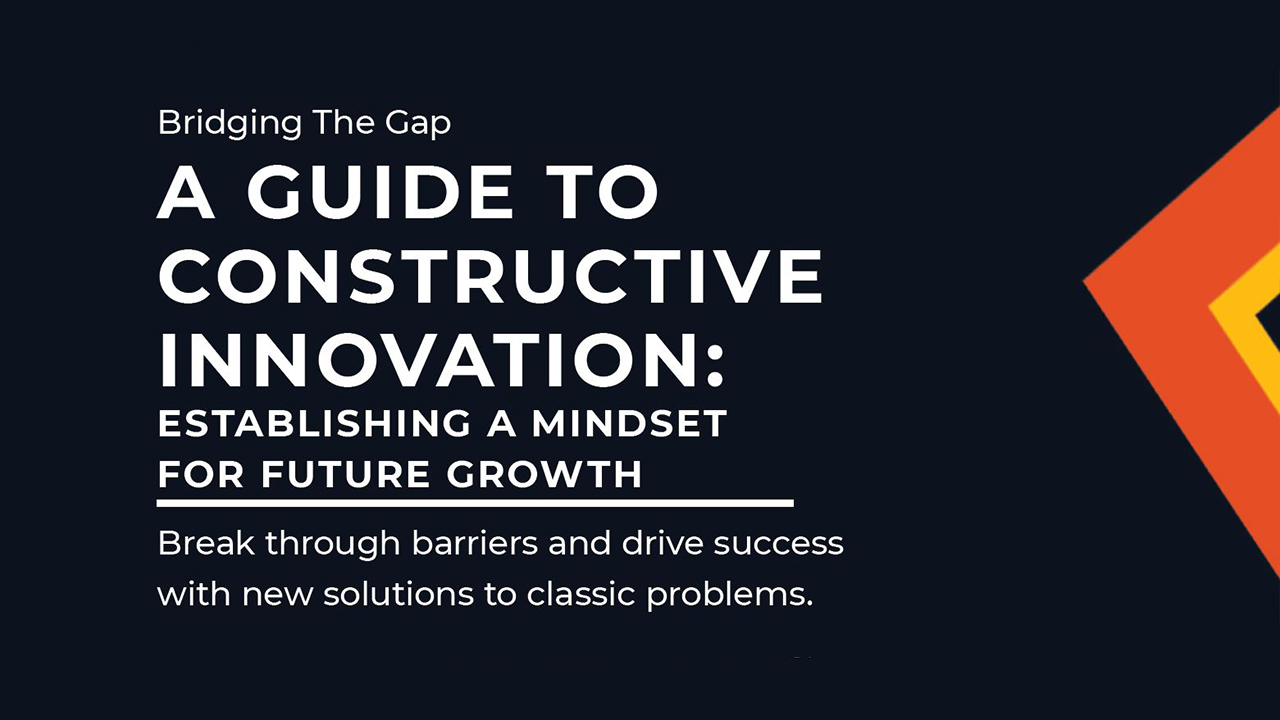
Bridging Innovation and Nature: A Look at Cutting-Edge Research and Technologies for a Smarter Future
Introduction
The intersection of technology and conservation is becoming increasingly crucial as we face rapid environmental changes and growing demands for seamless digital experiences. From transformative advancements in hotel connectivity to groundbreaking biodiversity research, innovation is at the forefront of shaping our future. Recent discussions surrounding the evolving tech landscape in hospitality and spectacular research initiatives in biodiversity reveal not just the challenges we face, but the opportunities that lie ahead.
 The evolving landscape of technology in the hospitality industry.
The evolving landscape of technology in the hospitality industry.
Hospitality’s Connectivity Revolution
In the hospitality industry, rapid technological transformations are paving the way for improved guest and staff experiences. A recent industry report indicates that 70% of hotel operators affirm that guest-centric technologies such as digital check-ins, contactless payments, and IoT-driven services enhance tactical operations.
However, this transition is not without its challenges. A significant 20% of hotel operators express concerns that current guest-facing technologies may lead to friction due to potential connectivity issues and complicated app interfaces. Thus, the need for effective solutions to address these pain points is paramount.
The Essential Role of Wi-Fi
A pivotal element in this evolution is managed Wi-Fi. Not merely a luxury, reliable Wi-Fi has become a non-negotiable amenity for guests, as poor connectivity could deter future bookings. In fact, a study indicated that most travelers would reconsider rebooking if their Wi-Fi experience fell short. Consequently, hotel operators are shifting towards integrated, managed Wi-Fi networks that streamline guest and enterprise connectivity without compromising the user experience.
 Exploring the advantages of private wireless networks.
Exploring the advantages of private wireless networks.
The Rising Adoption of Private Wireless Networks
As technology continues to innovate, the hospitality sector is witnessing a rise in private wireless networks. Unlike traditional public networks, these solutions offer enhanced security and operational reliability. They enable hotels to prioritize their critical business operations while ensuring guest experiences remain uninterrupted.
Incorporating scalable and adaptable network solutions is vital for hoteliers, especially when hosting temporary events like conferences or weddings. The feasibility to quickly modify network setups without extensive re-cabling supports not only operational efficiency but also enhances the overall safety measures for guests and staff by facilitating emergency communications systems.
Seeking an All-in-One Solution
With these technological shifts, hospitality providers are urged to look for comprehensive connectivity solution providers—partners that offer everything from reliable internet access to managed services that adapt as hotels modernize. This multifaceted approach ensures a smoother operational flow, ultimately transforming how guests interact with services during their stay.
Tracking Biodiversity: A Race Against Time
Simultaneously, on a different front, researchers are gearing up for the international XPRIZE Rainforest competition in the Amazon Basin, where environmental conservation science is interwoven with cutting-edge technology. With a $10 million prize, the competition compels six international teams to survey a square kilometer of rainforest within stringent time restrictions, emphasizing the importance of gathering biodiversity data swiftly.
Groundbreaking Strategies
The Virginia Tech team, led by Julie Allen, is employing advanced technologies like drones and the innovative Limelight device to capture images, acoustics, and genetic material. This multidisciplinary approach merges machine learning with field data collection to create a comprehensive snapshot of rainforest biodiversity, addressing the pressing need to document species as their populations dwindle.
“Collecting this amount of data in a 24-hour period is unprecedented,” says Julie Allen, underscoring the importance of rapid response in biodiversity research. She views the competition as a pivotal chance to showcase the capabilities of integrated tech solutions in biodiversity studies.
 Research teams are pushing the boundaries of innovation in biodiversity surveys.
Research teams are pushing the boundaries of innovation in biodiversity surveys.
The Implications of Technology on Conservation
As species are disappearing faster than they can be studied, the integration of technological tools in ecological research is becoming increasingly relevant. Allen emphasizes that novel methodologies must emerge to ensure that scientific inquiry can keep pace with environmental change.
The collaboration between foundational science and evolving technologies provides insights into the intricate ways ecosystems function. It is vital for understanding species interactions and fostering sustainable preservation efforts.
Looking Forward
As both hospitality and environmental research sectors embrace technology, the marriage of these fields is inevitable. The growing reliance on tech-driven solutions in hotels and the accelerating pace of biodiversity research mark footsteps towards a more integrated future where human experiences and ecological systems flourish hand in hand.
Conclusion
The convergence of technological advancements in hotel connectivity and groundbreaking biodiversity research presents a glimpse into a hopeful future. As we harness the potential of managed networks, private solutions, and cutting-edge data collection methods, we must ensure that these innovations serve the greater good—enhancing both human experiences and the natural world we strive to preserve. Moving forward, there lies an opportunity to redefine our relationship with technology, driving sustainable growth while respecting the complexities of our environment.
 Pioneering new solutions for a sustainable future.
Pioneering new solutions for a sustainable future.















